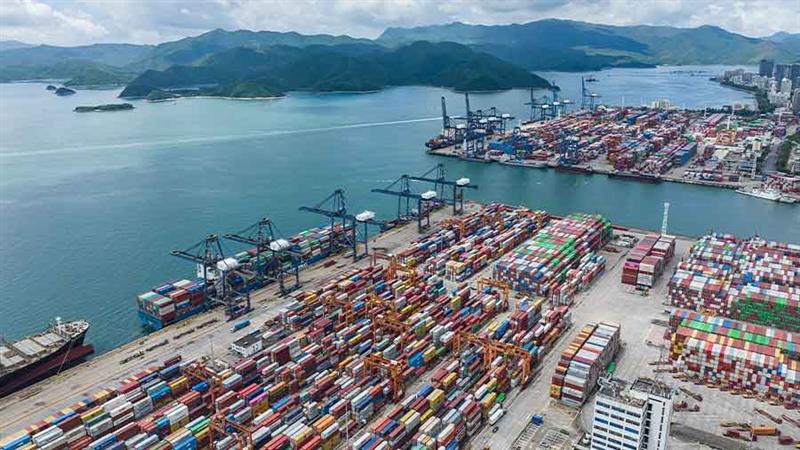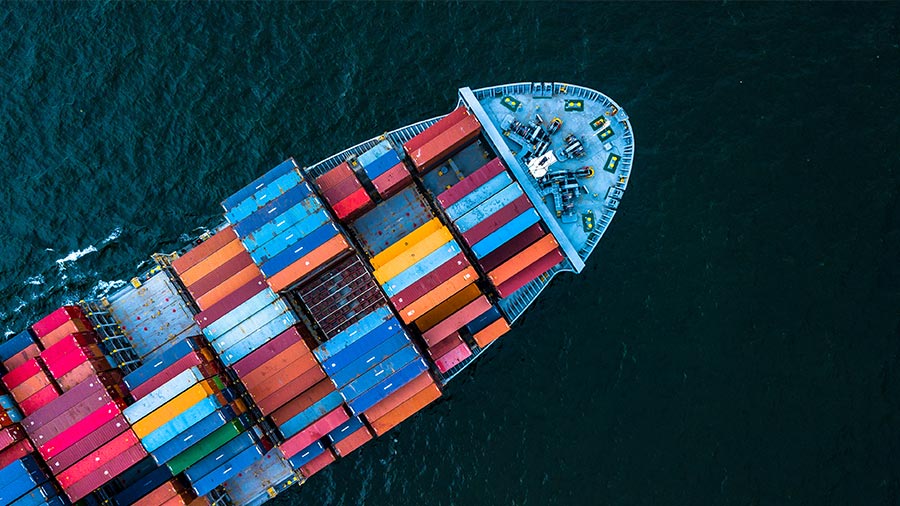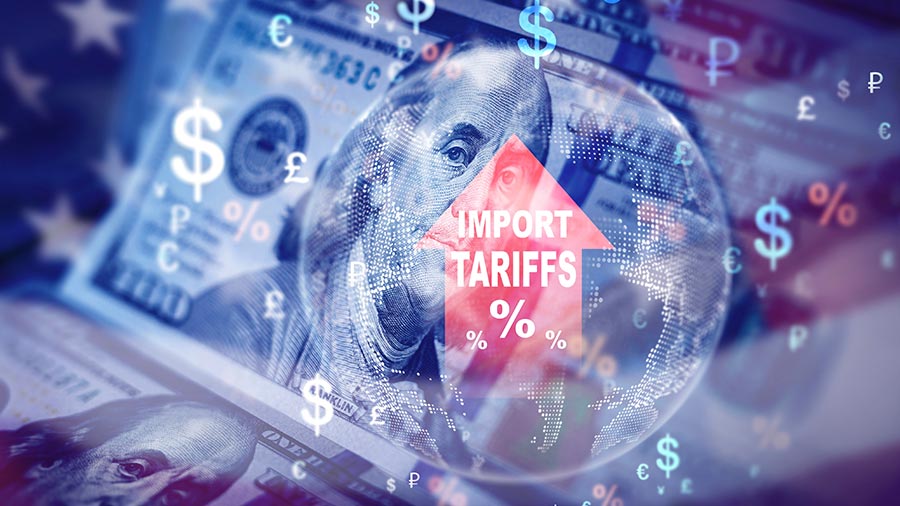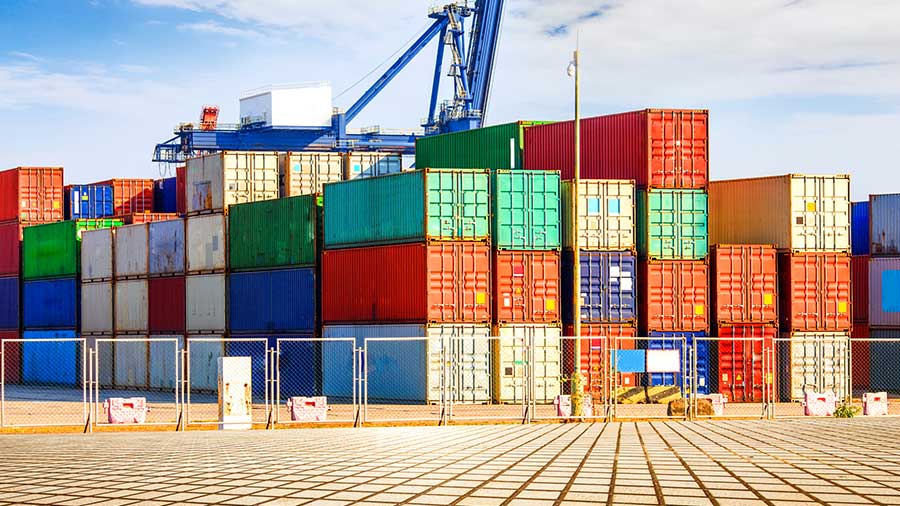US-China Relations in the Trump 2.0 Era: A Timeline
04/11/2025On April 2, 2025, President Donald Trump announced a comprehensive overhaul of US trade policy, introducing significant tariffs on imports from various countries. Chinese imports will face an additional 34 percent tariff on top of the existing 20 percent, culminating in a total tariff rate of 54 percent.
Trump Raises Tariffs on China to 145% - Overview and Trade Implications
04/11/2025Trump's latest tariff hike will place significant pressure on Chinese exporters, but has the potential to reshape global trade relations.
US Trump Tariffs: Key Implications for China's Ultra-Fast Fashion
04/11/2025US Trump Tariffs, reinstated in April 2025, revoked the de minimis exemption for Chinese shipments, introducing new tariffs on small packages and bulk imports. This shift threatens China’s ultra-fast fashion sector, by raising operational costs and disrupting their business model based on low-value, high-frequency shipments.
China’s 2025 Outbound Investment: Key Markets & Sector Trends
04/10/2025China's outbound direct investment is shifting toward emerging markets in Southeast Asia, the Middle East, and Central Europe.
Navigating US Tariffs: A Strategic Outlook for Indonesia
04/10/2025This article explores potential business and policy strategies Indonesia could consider in response to new U.S. tariffs.
ASEAN's Response to US Tariffs: Toward a Unified Regional Strategy
04/10/2025ASEAN countries respond individually to U.S. tariffs while exploring options for a possible coordinated regional strategy.
Will Trumps’ New 145% China Import Tariffs Increase China’s BRICS Trade?
04/10/2025Understanding what this means requires looking into China’s bilateral trade data and especially its export make-up as there are knock-on effects that could well – depending upon how China wants to handle this situation - impact Russia and almost certainly the BRICS.
Trump’s Tariffs Effect on the MENA Region: Overview and Implications
04/10/2025The new Trump's tariffs disrupt MENA economies, impacting trade, investment, and industrial sectors like aluminum, petrochemicals, and textiles. Gulf nations must diversify markets and enhance resilience to navigate shifting global trade policies.
US Trump’s Tariffs on Türkiye: Risks and Opportunities
04/10/2025US President Trump’s new tariffs on Türkiye—10% on imports and 25% on automotive products—pose significant challenges for key industries but may offer strategic opportunities, especially through lower rates compared to competitors like China and the EU.
India Gains Temporary Relief as Trump Suspends Reciprocal Tariffs for 90 Days
04/09/2025India receives temporary relief from the 26 percent US import duty as Donald Trump announces a 90-day suspension of reciprocal tariffs on all countries except China on April 9, 2025.
Apple, Foxconn Boost iPhone Output in India as US Tariffs Reshape Supply Chains
04/07/2025Apple's iPhone production in India is being expanded to 25–30 million units by 2025, driven by Foxconn’s Bengaluru facility and a strategic shift from China amid US tariffs.
The Impact of Tariffs on Vietnamese Exports: US-Vietnam Trade Relations Under Trump 2.0
04/04/2025Trump’s tariffs could significantly impact Vietnamese exporters due to the country's large trade surplus with the US and past accusations of unfair trade practices. However, Vietnam might mitigate the impact by choosing the right approach.













